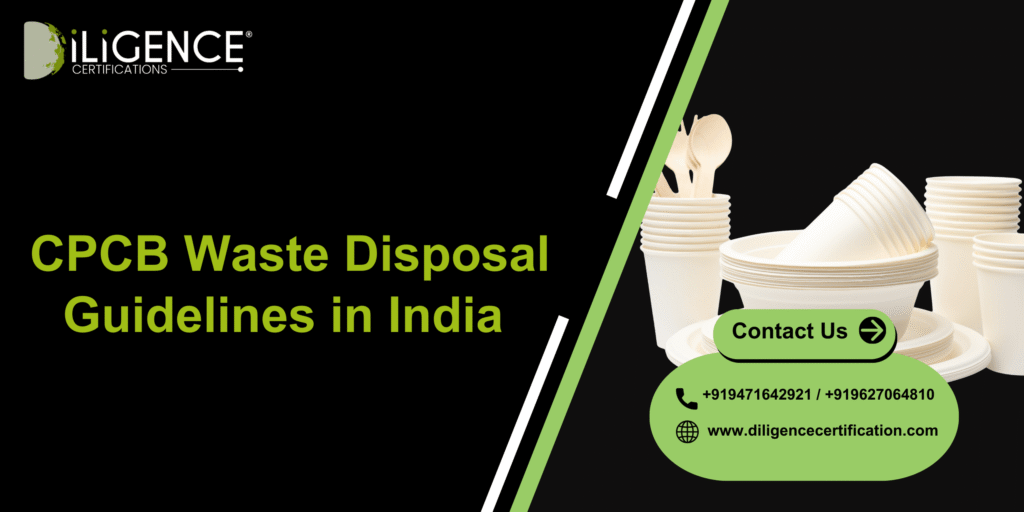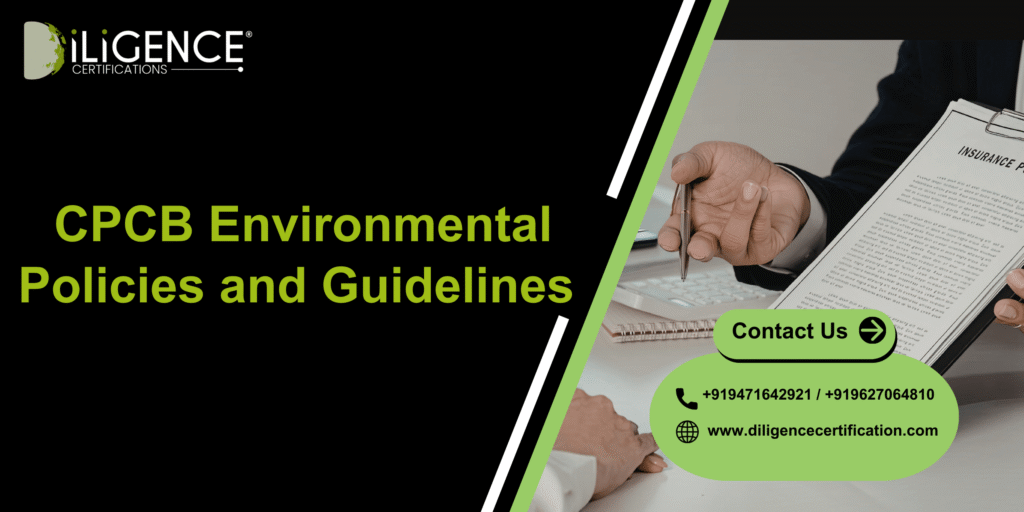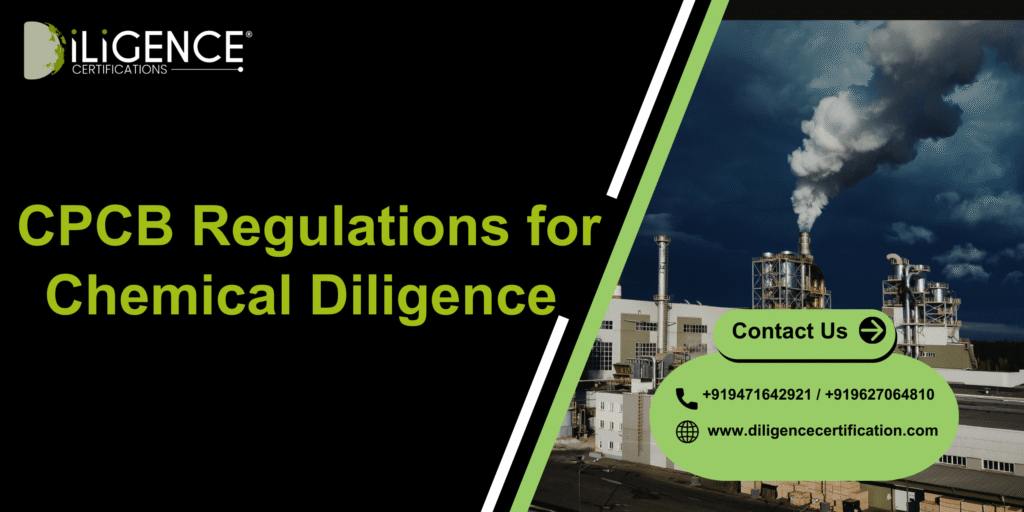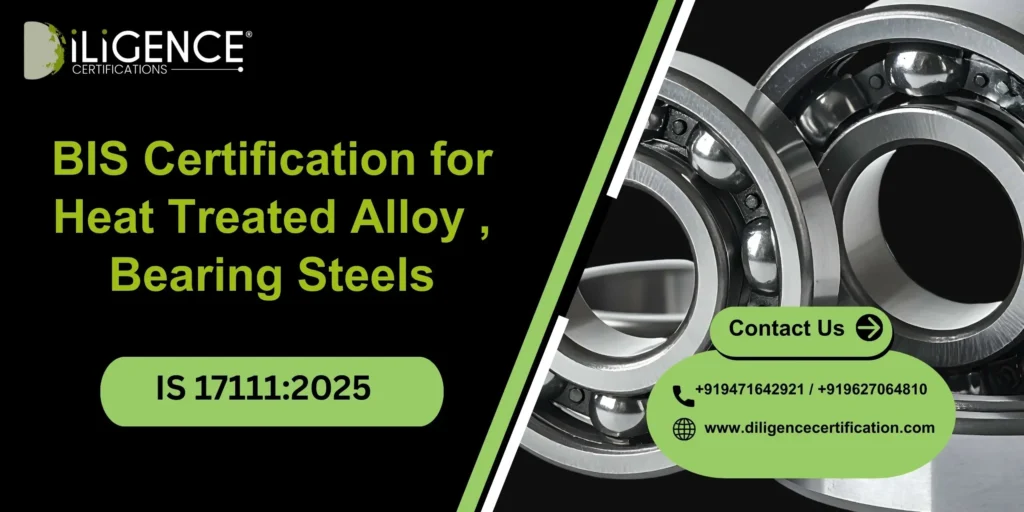
In the face of mounting environmental challenges, sustainability has become an essential priority for governments, businesses, and consumers alike. One of the most effective tools in addressing environmental degradation is Extended Producer Responsibility (EPR). This concept compels producers to take responsibility for the entire lifecycle of their products, especially their end-of-life disposal. EPR not only helps mitigate environmental impact but also fosters innovation in waste management and recycling practices.
Organizations like Diligence Certifications play a pivotal role in helping businesses understand and implement EPR frameworks. In this blog, we’ll explore EPR’s importance, its benefits, and how businesses can use it as a stepping stone toward a sustainable future.
Key Highlights
| Aspect | Details |
| What is EPR? | A framework ensuring producers are accountable for product lifecycle waste. |
| Importance of EPR | Reduces environmental impact and promotes circular economies. |
| EPR Certification Benefits | Legal compliance, enhanced brand reputation, and cost efficiency. |
| Role of Diligence Certifications | Expertise in navigating EPR regulations and compliance processes. |
| Steps for EPR Compliance | Assessment, planning, waste management, documentation, and certification. |
| Future of EPR | Stricter enforcement and innovations in sustainability practices. |
Understanding Extended Producer Responsibility (EPR)
Extended Producer Responsibility (EPR) is a policy mechanism designed to make producers responsible for the environmental impact of their products. From design to disposal, EPR mandates that manufacturers and importers take accountability for ensuring their products are recycled or disposed of in an environmentally friendly manner.
Key aspects of EPR include:
- Eco-Design: Encouraging sustainable product design to minimize waste.
- Recycling and Reuse: Promoting efficient collection, recycling, and reuse of materials.
- Waste Management Systems: Ensuring adequate systems are in place for product lifecycle management.
- Producer Accountability: Shifting the responsibility for waste management from consumers and governments to producers.
Importance of EPR in Today’s World
With increasing global concerns about environmental sustainability, EPR has emerged as a critical framework for addressing pressing issues like pollution and resource depletion. Here are some reasons why EPR is essential:
- Environmental Protection: EPR helps reduce the volume of waste sent to landfills and prevents hazardous materials from polluting the environment.
- Resource Conservation: By encouraging recycling and reuse, EPR supports the efficient utilization of natural resources, reducing the need for raw material extraction.
- Promotion of Circular Economy: EPR fosters a circular economy, where materials are continuously reused, extending their lifecycle and minimizing waste.
- Legal and Regulatory Compliance: Many countries, including India, mandate EPR for industries like plastics, electronics, and packaging. Compliance ensures businesses meet these legal obligations.
Benefits of EPR Certification
Obtaining EPR Certification offers numerous advantages for businesses. It goes beyond compliance, providing strategic benefits that align with long-term sustainability goals:
- Legal Compliance: EPR Certification ensures businesses meet local and international regulatory requirements, avoiding penalties and legal issues.
- Enhanced Brand Image: Demonstrating a commitment to sustainability boosts a company’s reputation among eco-conscious consumers and stakeholders.
- Cost Efficiency: By optimizing waste management processes, businesses can reduce disposal costs and explore revenue opportunities from recycled materials.
- Market Access: Many markets, especially in developed countries, prioritize products from EPR-compliant companies, opening doors to new business opportunities.
- Innovation Drive: EPR pushes companies to innovate in product design, materials, and waste management, fostering a competitive edge.

Role of Diligence Certifications in EPR Compliance
Navigating the complexities of EPR regulations requires expertise and strategic planning. This is where Diligence Certifications comes into play. With years of experience in regulatory compliance and sustainability, Diligence Certifications provides comprehensive support to businesses seeking EPR Certification.
Key services offered include:
- Regulatory Guidance: Detailed insights into local and global EPR regulations to ensure seamless compliance.
- Customized Solutions: Tailored strategies for waste management, recycling, and documentation.
- End-to-End Support: Assistance with audits, documentation, and submission of compliance reports.
- Training Programs: Educating businesses on EPR obligations and best practices.
- Continuous Monitoring: Keeping clients updated on regulatory changes and advising on necessary adjustments.
By partnering with Diligence Certifications, businesses can streamline their EPR compliance journey, mitigate risks, and focus on their sustainability goals.
Steps for Achieving EPR Compliance
Achieving compliance with EPR standards involves several key steps:
- Assessment and Planning: Conduct an environmental audit to evaluate waste management practices and identify areas for improvement.
- Eco-Design Implementation: Integrate sustainable design principles to minimize waste and improve recyclability.
- Collaboration with Certified Recyclers: Partner with authorized recyclers to ensure proper handling and recycling of post-consumer waste.
- Documentation and Reporting: Prepare and submit necessary documents, including waste management plans and recycling targets.
- EPR Certification: Work with experts like Diligence Certifications to obtain the required certifications.
- Continuous Improvement: Monitor waste management practices regularly and adopt new technologies to enhance sustainability.
Future of EPR Regulations
As environmental concerns grow, EPR regulations are expected to become more stringent, with governments introducing stricter compliance measures. The future of EPR will likely include:
- Integration of Technology: Innovations like blockchain and IoT will enhance traceability and transparency in waste management.
- Global Harmonization: Efforts to align EPR regulations across countries will create a more consistent global framework.
- Increased Consumer Awareness: Rising consumer demand for sustainable products will drive businesses to prioritize EPR compliance.
- Incentives for Sustainability: Governments may introduce tax benefits or subsidies for companies actively engaging in EPR initiatives.
Conclusion
Extended Producer Responsibility (EPR) is not just a regulatory requirement; it’s a pathway to a sustainable future. By embracing EPR, businesses can mitigate their environmental impact, enhance their brand reputation, and contribute to a circular economy. However, navigating the complexities of EPR compliance requires expertise and strategic planning.
This is where Diligence Certifications makes a difference. By providing end-to-end support, they help businesses achieve EPR Certification seamlessly, ensuring compliance with regulatory standards and fostering sustainable practices. Partnering with Diligence Certifications empowers businesses to not only meet legal obligations but also position themselves as leaders in sustainability.
In a world where environmental responsibility is paramount, EPR compliance is not just an obligation; it’s an opportunity to build a resilient, future-ready business. Start your journey toward sustainability with Diligence Certifications today.






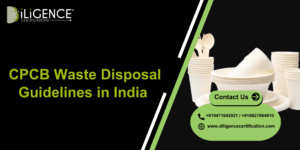
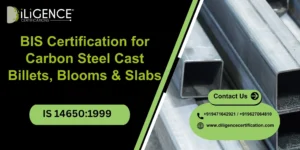
 BIS Certification
BIS Certification
 CDSCO
CDSCO
 CPCB
CPCB
 LMPC
LMPC
 WPC Approval
WPC Approval
 Global Approvals
Global Approvals
 TEC
TEC
 ARAI
ARAI
 BEE
BEE
 ISO Certification
ISO Certification
 Drone Registration
Drone Registration
 NOC For Steel
NOC For Steel



















 Business Registration
Business Registration















 Legal Services
Legal Services
 Trademark Registration
Trademark Registration
 Copyright Registration
Copyright Registration
 Patent Registration
Patent Registration













































